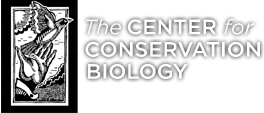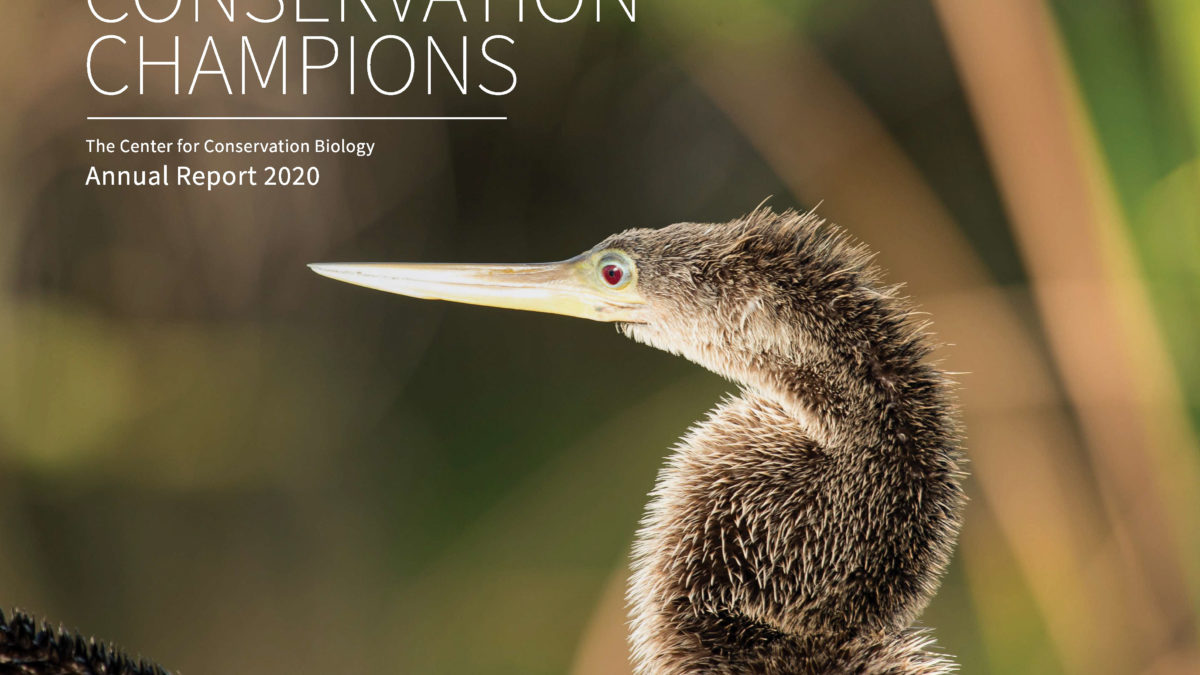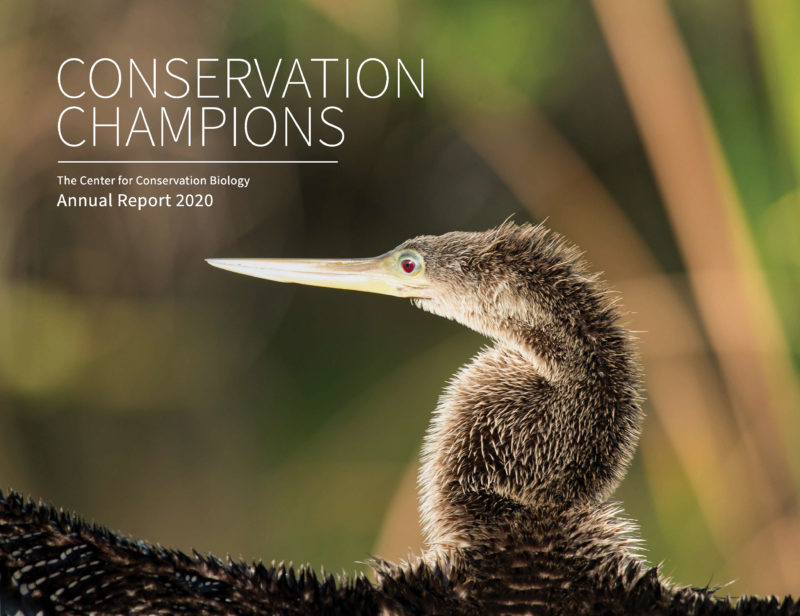Conservation Champions

Ned Brinkley
January 4, 2021
Seabirds and fish along the coast of North Carolina
January 6, 2021By: Bryan Watts
1/5/21
Conservation is an ethic – the purposeful consideration of the welfare of other species in our daily decisions and actions, a life path that includes always putting more into the jar than we take out. Conservation biology is a data-driven science that develops techniques and strategies designed to achieve specific population or ecosystem objectives. These two elements come together in the socio-political mosh pit that often determines the fate of natural systems. Within this morass, individuals with passion and steadfast convictions drive outcomes. They are the selfless conservation champions who consider it their personal responsibility to act.
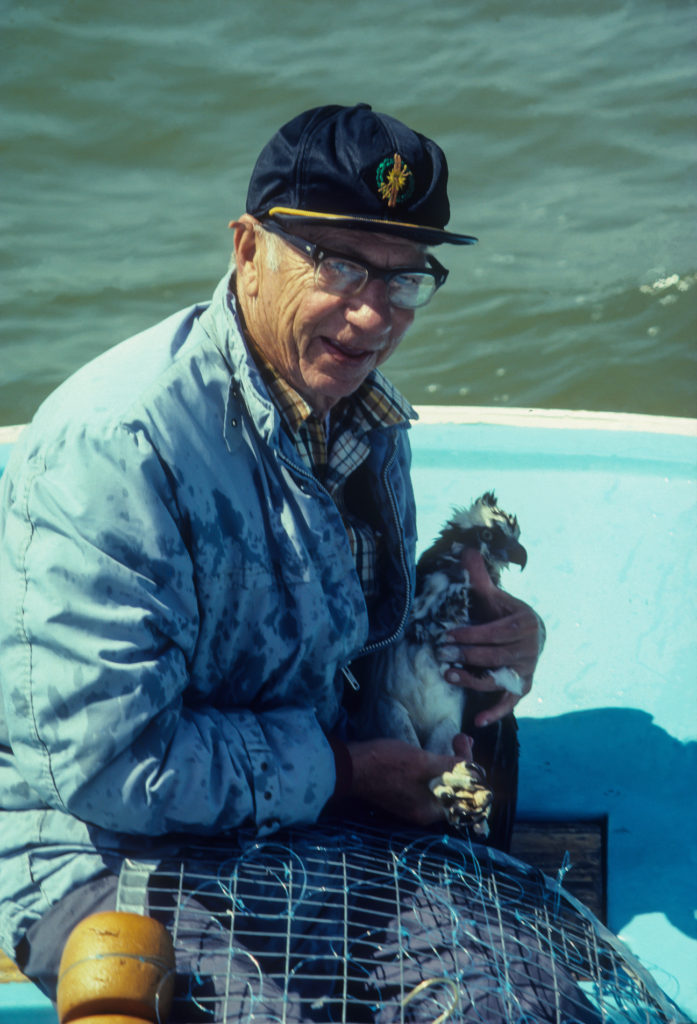
Regardless of the color of our skin, how much money is in our bank account or our political persuasion, most people care about nature. We are surrounded by conservation champions – the neighbor who sets aside a vacant lot for the pair of whip-poor-wills that return every year to nest, the farmer who leaves a fallow buffer for the kestrel and the young girl who donates her allowance to help build a butterfly garden. These conscious, voluntary actions connect them to a large community of planetary citizens.
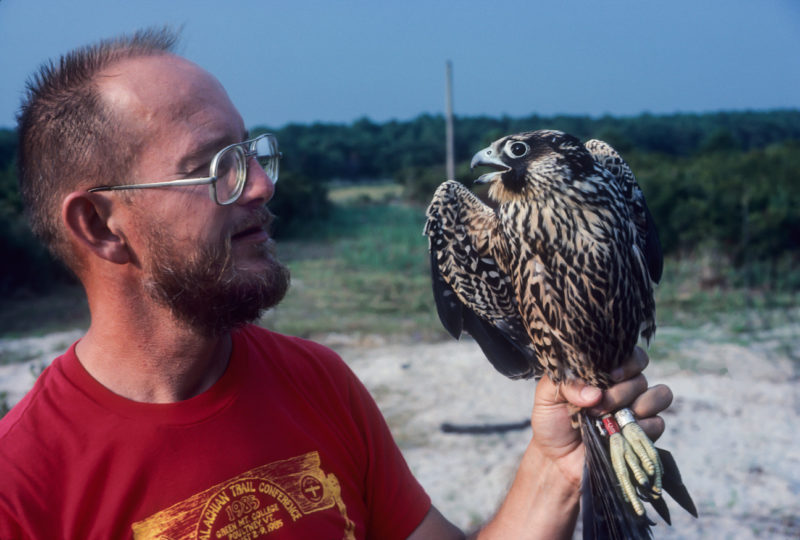
The Center for Conservation Biology is fortunate to have an essential group of conservation champions who directly or indirectly have been involved with or responsible for our ongoing work. Most have no formal training in biology. They come from all walks of life. What connects them is an enduring passion for the welfare of bird populations. They give of themselves to improve the lot of other species and in so doing enrich and inspire us all.
In the CCB 2020 Annual Report, I have highlighted a small sample of the many people who have contributed to what we do.
No matter your age, situation or background, you have something to contribute to other species. Consider adding your unique talents to the effort.
